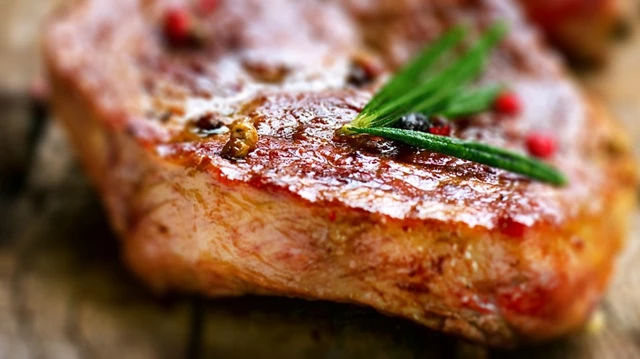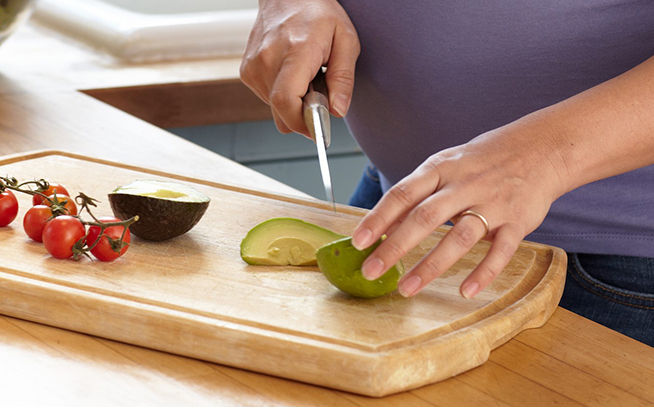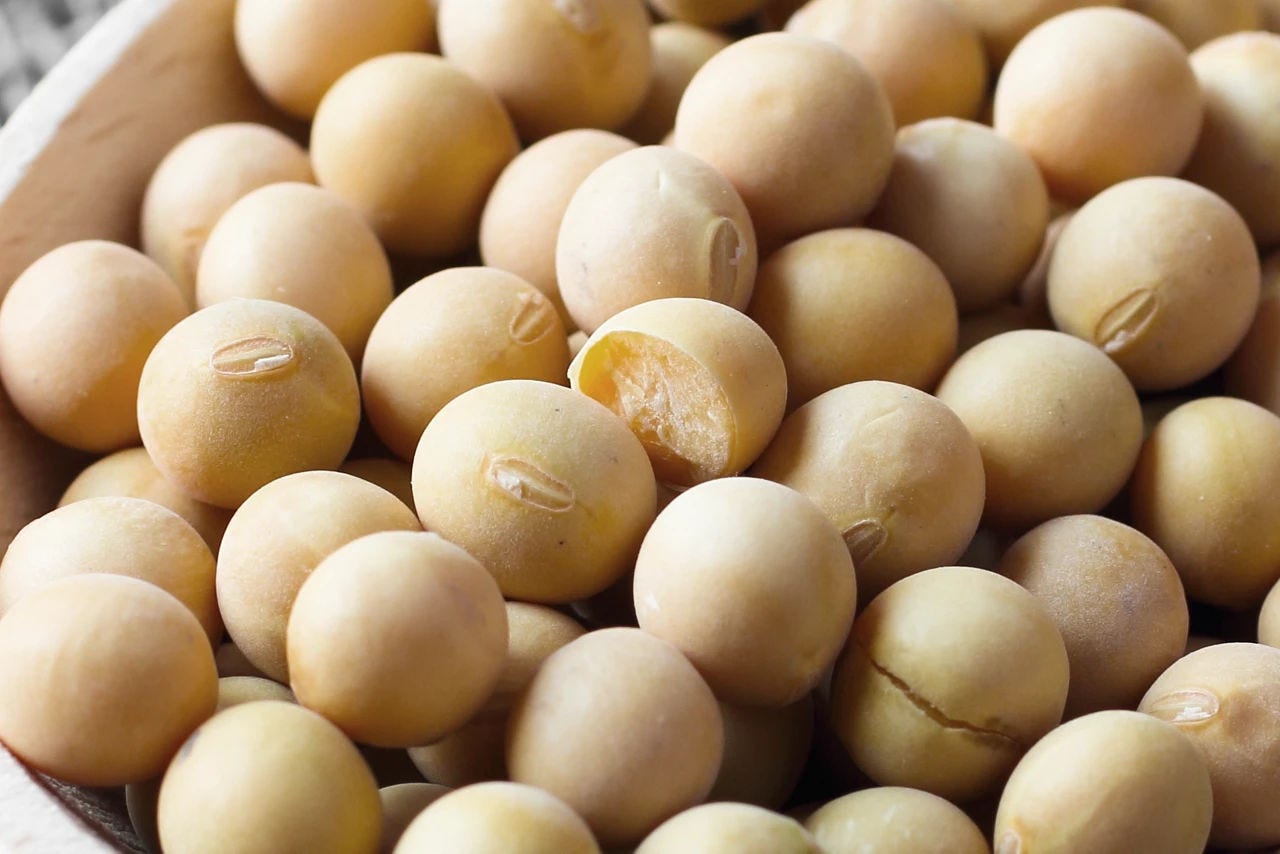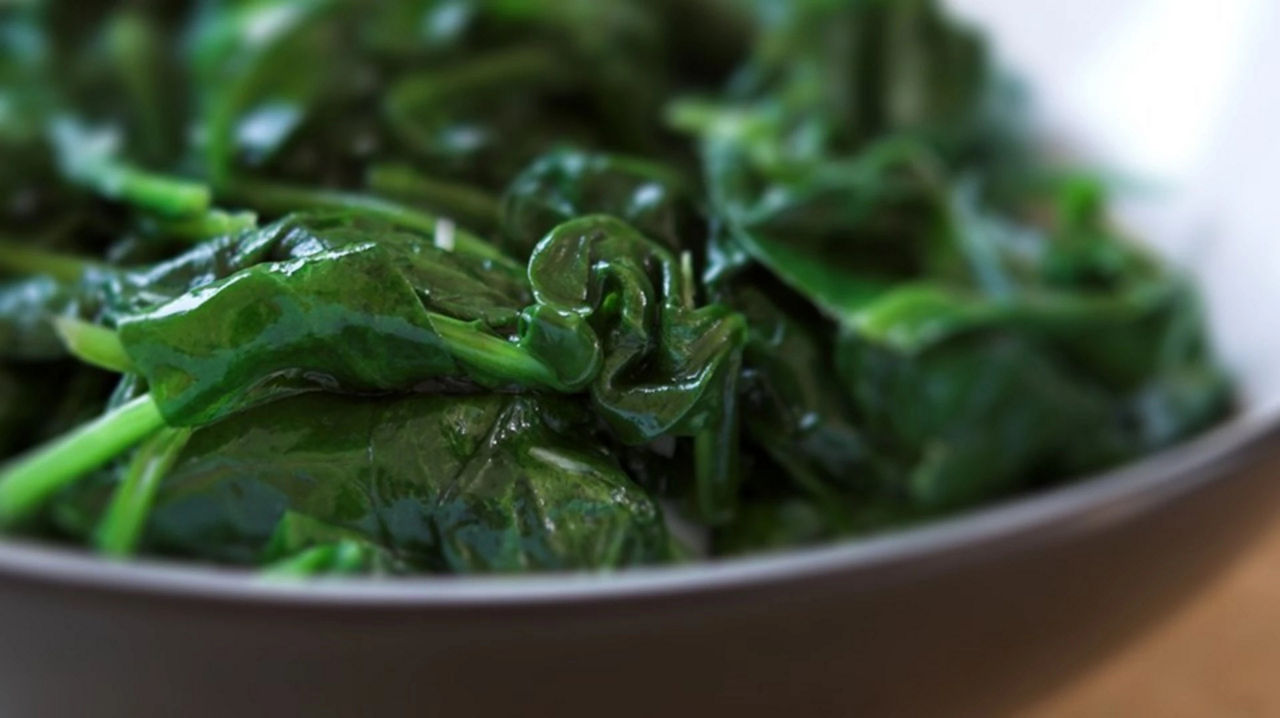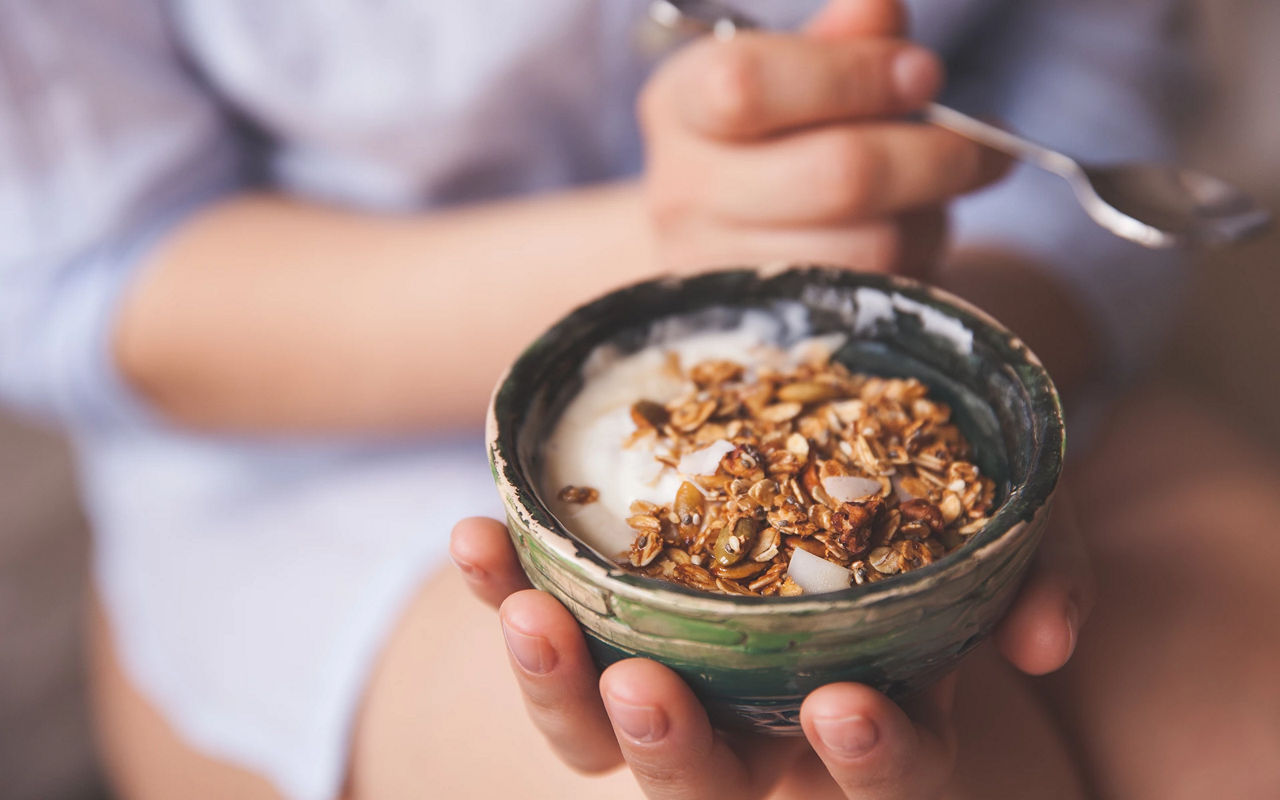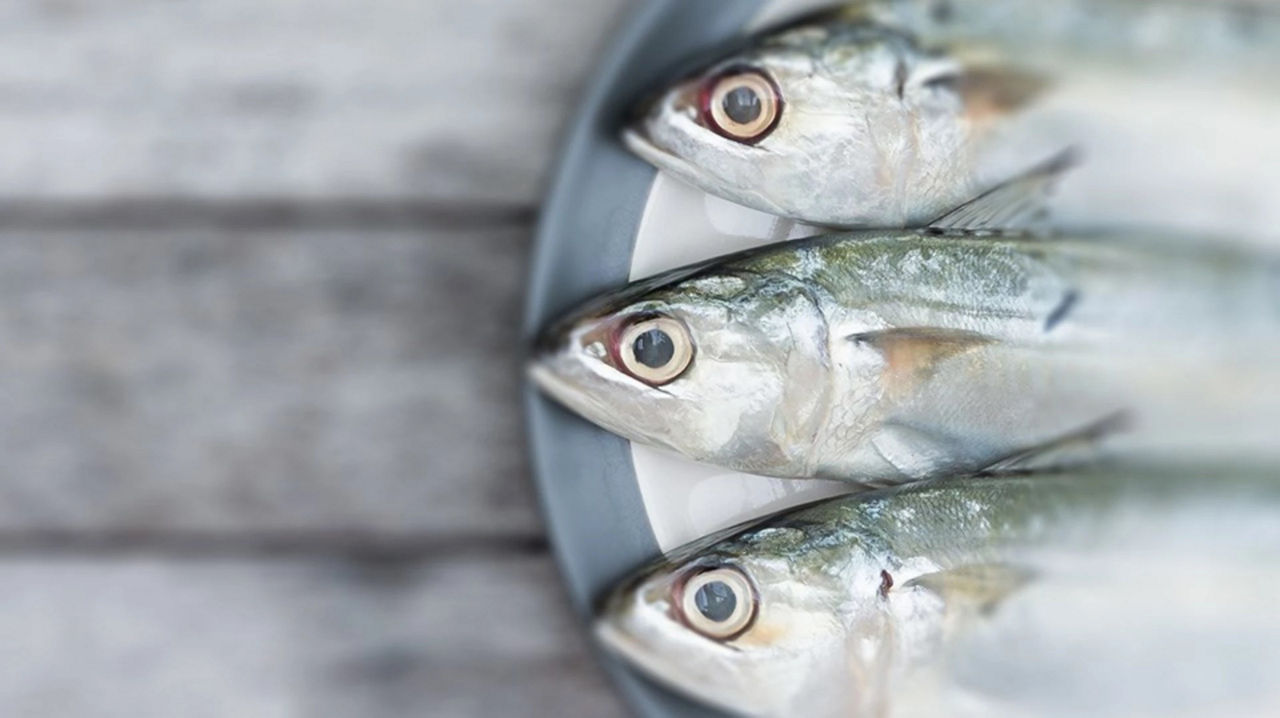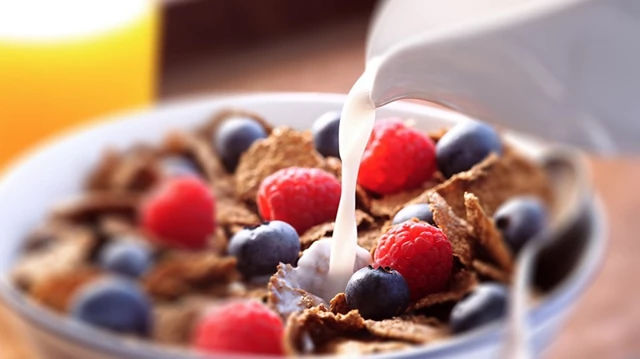Because of zinc's important role in your baby’s development, the RDA during pregnancy is 7mg per day. Your need also rises to 12mg while breastfeeding. Present in many foods, these amounts should be obtainable from a well-balanced diet.
Try eating the following foods to ensure a good intake:
- Red meat such as beef as well as poultry and turkey
- Oatmeal
- Nuts, beans and soya
- Dairy products and eggs
Wholegrain bread, fortified cereals and corn also provide zinc, but the phytates they contain can inhibit the absorption of zinc from other foods. To maximise your intake from other sources, avoid regularly eating these foods at the same time.
